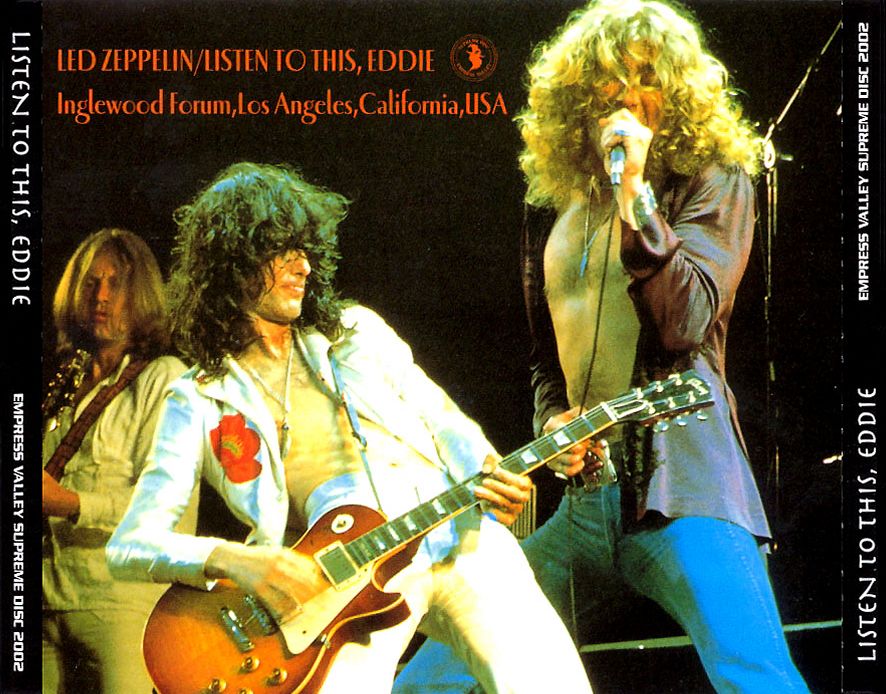 The kid was adamant, ‘You suck!’ he berated Alice Cooper. Alice, who was born Vincent Furnier, a minister’s son from the right side of the tracks (for a change), grinned and could not find it in his heart to disagree. He bent down so that his face was level with the hecklers and began to chant the word ‘suck’ over and over again.
The kid was adamant, ‘You suck!’ he berated Alice Cooper. Alice, who was born Vincent Furnier, a minister’s son from the right side of the tracks (for a change), grinned and could not find it in his heart to disagree. He bent down so that his face was level with the hecklers and began to chant the word ‘suck’ over and over again.The kit thought for a moment about his rejoinder. ‘You still suck!’ he cried. That was 1970, when the love/hate relationship between America and the phenomenon known as Alice Cooper was at its most ambivalent. Before that they just hated him. Now, even in virtual middle age, they love him. Alice Cooper was a Frank Zappa acolyte, trained in the use of shock tactics and rock n’ roll attrition, which eventually outdid his teacher in the projection of disgusting, unnecessarily gross images. If ever a performer deserved hanging it was Alice Cooper. Realizing this, he brought his own gallows on stage with him.
The decision to offend was probably made early on in Furnier’s life when he saw The Rolling Stones and what they were getting away with. He formed a band of longhaired reprobates that toured the Michigan area to almost unanimous hostility, playing slab-like angst anthems over which Alice/Furnier howled his untutored vocals. The name Alice Cooper, he claimed, came from an Ouija. The spirit they had contacted wanted to speak to ‘Alice Cooper’. When asked whom that meant, the spirit relied that it was Vincent Furnier.
In 1969, they met Shep Gordon, who became their manager. The circumstances give some idea of the seriousness of the concept. Alice Cooper and band—they were bracketed as a collective entity, as though so much depravity could not exist in just one man—had reached Los Angeles and were playing a prestige gig at a club there. When Alice was a few songs into the set, something about the menacing leather gear, the whips, the realistic baby dolls that were slaughtered, the live chickens that got molested, the mock hanging of ringleader Alice for all these crimes, the incessant fondling of a morose-looking boa constrictor and the stage blood everywhere inspired the audience en masse to get up and leave As Gordon put it, ‘When I saw 2,000 people walk out on them, I knew I had to manage them’.
Alice admitted that the act was ’60 per cent’ contrived. His guitarist at the time put his finger on why people were so distress
 ed: ‘Towards the end of the act people start to realize that it’s not going to stay on stage’.
ed: ‘Towards the end of the act people start to realize that it’s not going to stay on stage’.Yvonne the boa constrictor was his slippery partner in crime, casting her beady eyes over her master’s misdemeanors. The Freudian symbolism may have been lost on the less intelligent youth who packed out his shows all through the Seventies, but Alice thought it through. It was inspired theatre and it smacked of danger.
This was because the boundaries of definition between Alice Cooper and Vincent Furnier tended to be obscured once Alice took the stage. Rather than acting out a part—which would have been perfectly acceptable in the bogus glam era—he actually became Alice. The crimes were simulated on stage, but they were real in his mind. And although he invariably about it now, it must have been hell on earth coming off stage and finding oneself back in the real world again. No wonder he became a chronic alcoholic.
The real world tried to catch him out. In 1974 a boy in Canada mimicked the mock-hanging act and died. To his credit, Alice dropped the act. ‘But, Alice Cooper was becoming a threat to the internal welfare of Vincent Furnier, and in 1977 he sought medical assistance to try to keep his liver. He claimed never to have been regularly put away forty cans of beer a day. His dry-out was a resounding of a caricature from that point.
Once people realized that Alice was a put-on the albums stopped doing as well, and Alice was courted as a kind of survivor-celebrity. He was a pretty good golf player, so he got invited to play pro-celeb tournaments. He even appeared on the game show, Hollywood Squares, in full make-up. While the group Kiss—of even less musical know-how and even more schlock appeal—won the appreciation of Alice’s erstwhile armies of teenage fans, the man himself mellowed on vinyl and even got a little introspective. The ironic thing is that, had they thought about it, his admirers would have seen far more outrageous success in playing golf with Bob Hope and annoying the heart of America at source, than in singing some loud brazen music to a few thousand already-converted kids.
Alice returned to the stage, with a show that lacked all the menace of the early ones but intensified the humor, Yvonne had been put out to grass ‘so, her place was taken by Arnold (the boa constrictor), if anything an even more natural performer.
And every time he tours all the ingredients are still there. They just seem funnier now (are we all getting older?). The audience knows when to scream in ecstasy and when to scream in terror. There is no trouble. ‘But perhaps Alice thinks back to the days of 1969, to the skin-of-the-teeth getaways.
‘A motorcycle gang rushed the stage in Michigan and tried to kill us,’ he told a reporter in ’69. ‘It was great but we felt we had to get out of there’.








